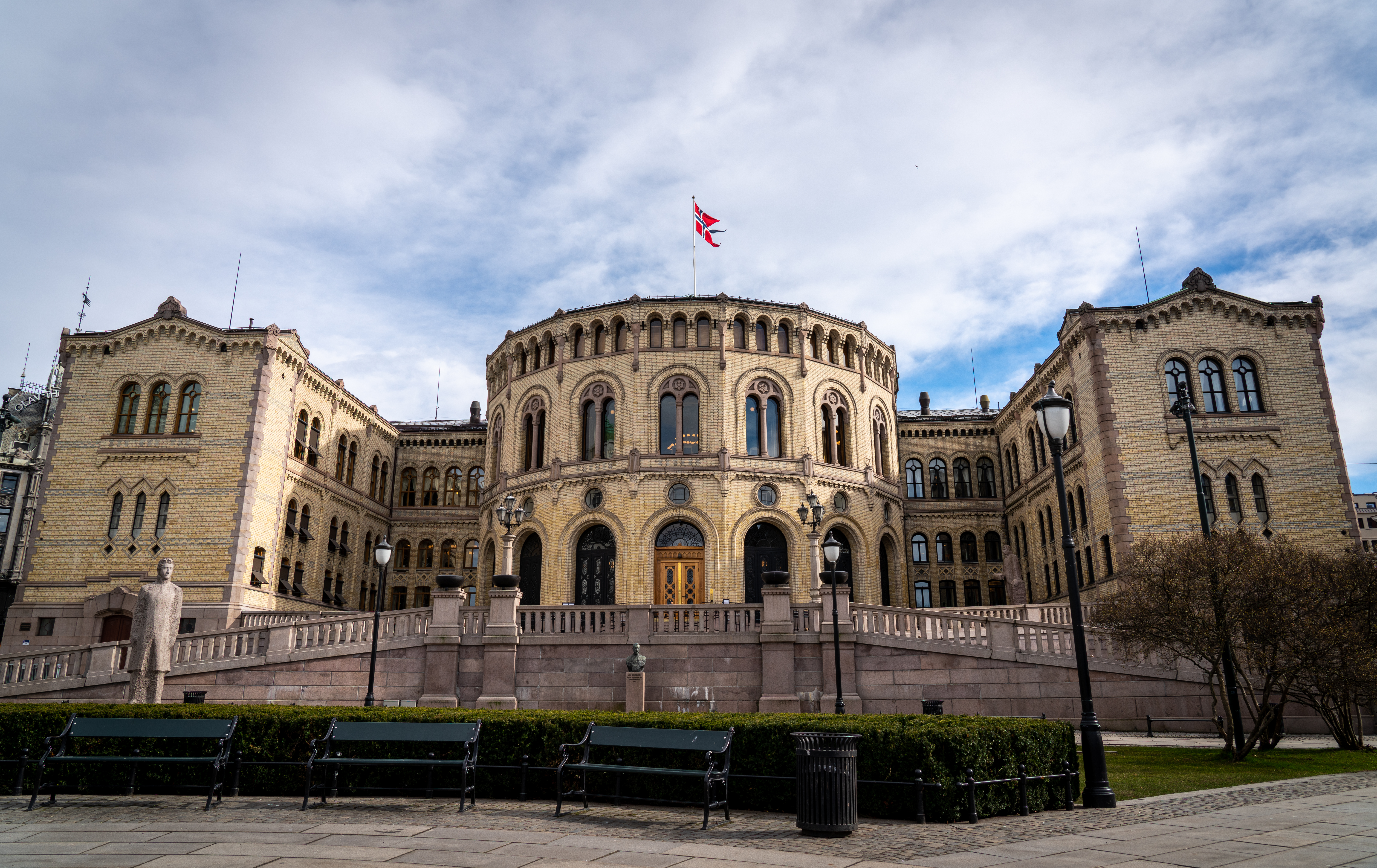In this article, we will provide a brief overview of some issues that may arise during this unpredictable period.
The Competition Phase
Changes to the deadline for tenders
The contracting authority is allowed to extend pending time limits and tender deadlines if there is a justifiable reason.
If employees of the contracting authority or the suppliers are in quarantine or have been laid off, we are of the opinion (as is the Norwegian Ministry) that this is a justifiable reason to extend pending time limits. The reason being that circumstances may result in the contracting authority facing difficulties in carrying out the tender procedure, or that the suppliers are unable to deliver the tender on time. Moreover, the uncertainties caused by the consequences of the pandemic could result in bidders refraining from submitting a tender.
If the tender deadline is extended, it should not be longer than necessary, and it must not result in discrimination of suppliers.
Changes to the tender documentation
When it comes to procurements with a value below the EEA threshold values, the contracting authority may make changes in the tender documentation, provided such changes are not significant. Correspondingly, for procurements with a value above the EEA threshold values, non-material amendments can be made before the tender deadline.
Whether an amendment is considered non-material or not depends on an overall assessment of the actual circumstances. Amendments in absolute (minimum) requirements will, as a main rule, always be material. Similarly, amendments that are likely to change the tenderers’ wish or ability to participate in the tender, are considered material. If the contracting authority choses to allow for more lenient requirements as a consequence of the corona pandemic, this may easily be considered as a material amendment.
The contracting authority should always, before making any amendments due to the pandemic, consider and seek legal advice as to whether the planned amendment is permissible. If not, the alternative is to cancel the tender procedure and announce a new tender procedure with the revised requirements.
Reservations and non-compliance
The contracting authority is prohibited to accept a tender which does not comply with substantive specifications or requirements.
Therefore, we remind all bidders to use the possibilities available during the tender procedure to ask questions, instead of making reservations. The contracting authority will then be able to make clarifications and, if necessary, make non-material amendments. If the bidders find that they must abstain from the tender procedure, either because of circumstances on the part of the contracting authority itself or as a consequence of the requirements and the terms of the tender procedure, the bidders should notify the contracting authority. This is to ensure that the contracting authority can take the necessary measures to ensure competition.
Changes to the rules of procedure
The contracting authority is never allowed to change the rules of procedure in a pending tender procedure. This means that if the contracting authority has chosen a tender procedure without opening up for negotiations, it will be unable to open for negotiation afterwards. This still applies, even though there is an increased need for negotiations due to unforeseen circumstances caused by the pandemic.
Similarly, if the tender procedure is announced as a negotiated procedure, negotiations need to be carried out. However, some changes should be accepted. For instance, if the tender procedure involves physical meetings, the contracting authority should be allowed to organise the meetings and negotiations in a digital form which all the tenderers can attend.
Withdrawal of the tender
Another practical issue which may arise is the access to withdraw a tender during the tender procedure. Whether this is allowed must be considered in each case. However, you should be aware that the bidder runs the risk of having to compensate any loss the contracting authority incurs as a consequence of the bidder no longer abiding by its tender.
Cancelling the competition
The contracting authority has the right to cancel the competition on justifiable grounds. It must be considered in each case whether there is a justifiable reason to cancel the tender procedure. The time of the cancellation and the reason behind the cancellation will be considered when assessing whether the cancellation is justifiable. A justifiable reason is likely to be present if the corona pandemic results in the contracting authority having to make material changes to the tender documents, or that the contracting authority no longer needs the procurement. This may also be the case if the contracting authority only receives one tender.
Another question is whether the bidders can claim compensation upon such cancellation. In brief, the contracting authority may cancel without paying compensation if the reason for the cancellation could not have been foreseen at the time of the announcement of the competition.
Contracts entered into
The corona pandemic may result in a need to modify existing contracts.
In principle, contracts can be modified only in cases expressly set out in the procurement regulations. Modifications not provided for in the regulations, cannot be made without announcing a new tender procedure. Therefore, it is important that the contracting authority carefully considers as to whether the needed modifications are permissible. If not, there is a risk of ending up in a situation of unlawful direct procurement.
In brief, the public procurement regulations offer several options for amending contracts; de minimis exception, review clauses, necessary additions, unforeseen circumstances and a residual category of non-material amendments. In case of a modification, these options need to be carefully considered although the most obvious alternative under the current situation seems to be modifications due to unforeseen circumstances.
The Norwegian Ministry of Trade, Industry and Fisheries has on their website presented some guidelines with regard to the corona pandemic and Norwegian procurement regulations. The Ministry points out that a pandemic such as the corona virus may be an incident which, after a specific assessment, constitute a basis for change of contract. The requirements for allowing the changes depends on the scope of the changes. Major changes in the contract may only be carried out if this is necessary as a consequence of situations which a contracting authority could not foresee.
Announcement of a new tender procedure
If a contracting authority in light of the corona situation wishes to announce a new tender procedure, the following should be considered:
- Is there a need to make an urgent procurement as a consequence of the pandemic? If so, it should be considered whether the options for urgent procedures may be applicable.
- Is there a need for a longer tender deadline?
- Is there a need for more leniency in the requirement specification and/or contract?
- Is there a need for specification of the force-majeure clause in the contract to ensure predictability for the bidders and increased competition?
- Is there a need for further changes in the clauses or more precise change clauses to ensure that a potential need for change is allowed due to the situation?
- Should other adaptions be made in the competition as a consequence of the pandemic?
The Ministry has made a statement about the virus outbreak and the procurement regulations here. (Norwegian)
Please feel free to contact us if you have questions in connection with the handling of consequences of the corona pandemic with regard to the procurement regulations. See below for contact information and other articles concerning the pandemic.











